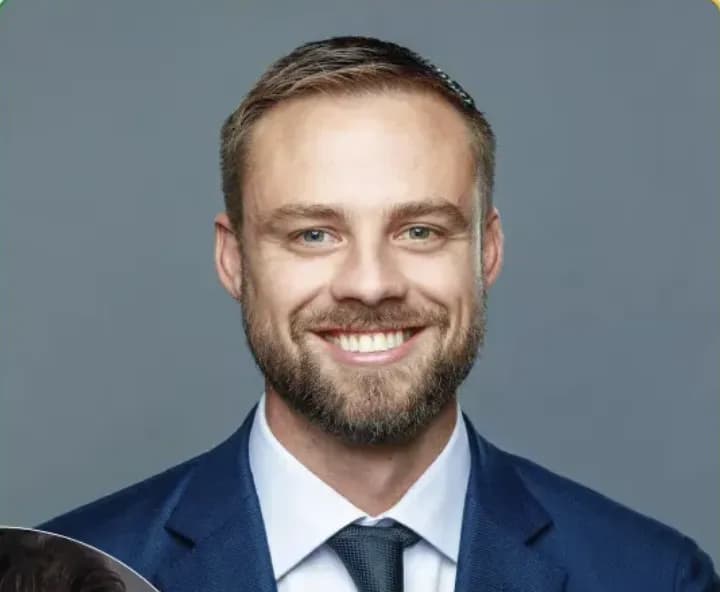Russell Westbrook Chaotic Energy: Potential Solution or Amplified Problem for the Nuggets?

Russell Westbrook is a player synonymous with chaos, and while a touch of chaos can sometimes be beneficial, it can also exacerbate existing issues. The Los Angeles Clippers from last season were a prime example of a team that was structured and predictable, with players like James Harden and Kawhi Leonard adhering to specific roles and spots on the court. This methodical approach often worked due to their sheer talent. However, when predictability became a problem, Westbrook’s unpredictable energy could swing games in their favour. His sudden bursts of athleticism and aggressive play provided a jolt that disrupted defences accustomed to a more deliberate pace.
Yet, relying on chaos is inherently risky. During the Clippers’ dominant December and January stretch, the team performed significantly better without Westbrook on the floor. His presence became more of a liability, especially highlighted by his 26% shooting in a first-round playoff loss to the Dallas Mavericks. Westbrook’s unpredictability can be a double-edged sword; it might invigorate a sluggish team but can also lead to inconsistency and errors.
The Denver Nuggets, however, need Westbrook to be more than an occasional disruptor. With a roster not as deep as the Clippers’, they require consistent contributions from their players. Nikola Jokic and Jamal Murray form the core of Denver’s offense, but beyond them, the team struggles for reliable scoring, as seen in their Game 7 performance against the Minnesota Timberwolves where the rest of the team combined for only 21 points.
Denver is not expecting Westbrook to start but to provide valuable minutes behind Murray. Coach Michael Malone emphasized the need for a backup point guard, and Russell Westbrook could fill this role, bringing energy to Denver’s bench units that have struggled in recent years. If used in limited minutes, Westbrook’s dynamic play could spark the reserves, potentially reviving a stagnant second unit.
However, Westbrook’s ability to adapt remains a significant question. His time with the Clippers showed some improvements in on-ball defense and a reduction in mid-range shots, yet his three-point shooting and off-ball movement remain problematic. Playing alongside Jokic, who excels at creating opportunities for teammates, could help Westbrook find more efficient ways to contribute, particularly in staggered lineups with Murray.
The Nuggets’ shooting woes further complicate Westbrook’s fit. Last season, Denver took the fewest three-point attempts in the NBA, and this offseason saw them lose key shooters like Kentavious Caldwell-Pope. They added Dario Saric, who provides some shooting, but Russell Westbrook poor three-point accuracy could worsen their spacing issues. Integrating him into lineups without further compromising their spacing will be a challenge, especially alongside non-shooters like Aaron Gordon.
The optimal solution might involve creative lineups with players like Saric and Michael Porter Jr., who can spread the floor. Pairing Westbrook with younger, more athletic players like Peyton Watson and Julian Strawther could also create dynamic, fast-paced units. Strawther, a standout in Summer League for his shooting, could be crucial in these configurations.
Denver’s front office might consider a trade for a more versatile veteran to better balance the roster, but this would go against General Manager Calvin Booth’s strategy of developing young talent. As it stands, the young players will be integral to Denver’s bench, and Westbrook’s role will be to help elevate them, though his chaotic style might not be ideal for player development.
Ultimately, Westbrook’s impact on the Nuggets will hinge on his willingness to adapt and accept a reduced role. If he can embrace being a high-energy, 10-15-minute player and occasionally step up when needed, this experiment might work. However, if he struggles to adjust or tries to reclaim his former superstar status, the fit could fail. Denver’s bet is that they can harness Westbrook’s chaos to their advantage without it overwhelming the team.





